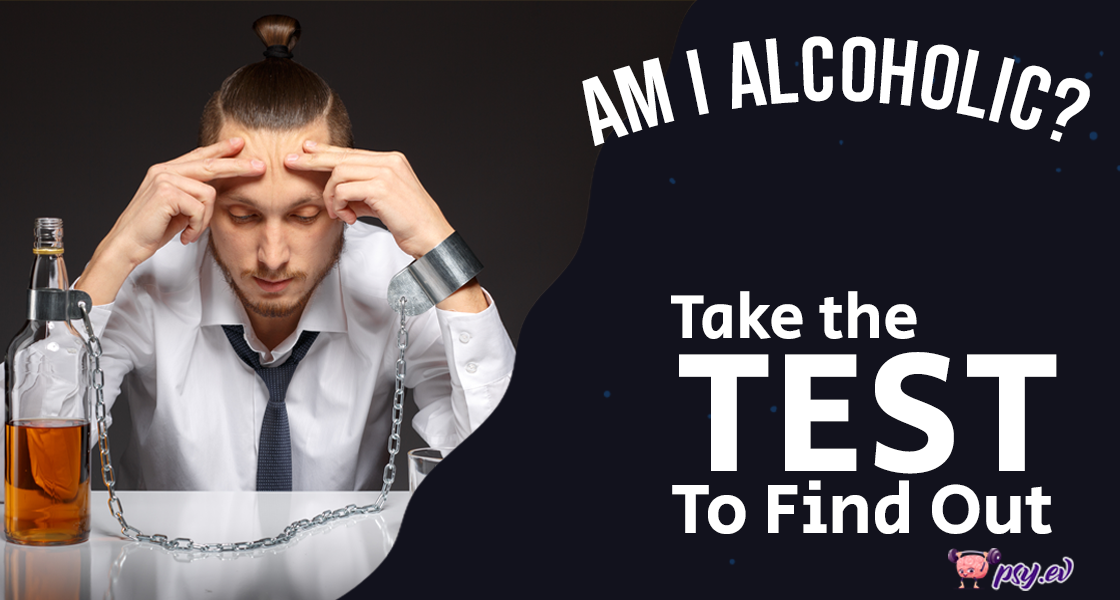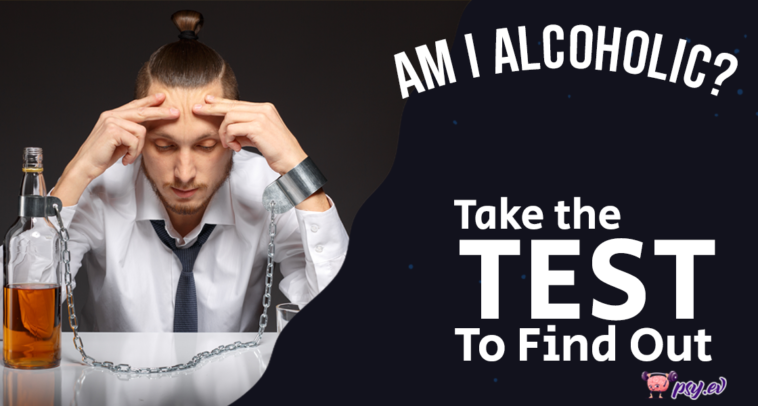Alcoholism can be a significant health issue affecting physical and mental well-being. Millions of people from around the world abuse alcohol. It can co-exist with other mental illnesses like anxiety disorders or depression.
While this alcohol test isn’t a diagnostic tool, it can indicate whether or not you have a problem to address.
Alcohol Use Disorder Explained
Alcohol is essentially a drug that can be highly addictive if consumed regularly and heavily. Excessive alcohol use is defined as 8 drinks or more per week for women and 15 drinks or more per week for men.
Alcohol use disorder is when the person has difficulty controlling their drinking. It involves heavy, regular use of alcoholic drinks, even when the person is aware that excessive alcohol is not good for them or that they have a problem with drinking. Binge drinking may also be part of alcohol dependency.
If your alcohol use disrupts regular functioning, you have a problem. Signs include being unable to reduce drinking, craving alcohol even during the day, continuing to drink even when drunk, and using alcohol when unsafe, such as while driving or climbing.
A person with alcohol use disorder can be identified with an alcohol screening test. Such a person may have trouble fulfilling day-to-day duties for themselves and those around them. Their drinking would interfere with their work, social life, and relationships.
Alcohol use disorder is dangerous as it can result in self-harm or harm to others. Excessive drinking can also result in death due to accidents or alcohol poisoning.
There can be various reasons behind the development of alcohol use disorder. Stress, anxiety, or depression can cause a person to drink more than usual. People with certain anxiety disorders or phobias may turn to alcohol to cope with the anxiousness. Over time, such behavior can turn into dependency.
Interestingly, genetics can also play a role in alcoholism. If you have a family history of alcohol abuse, you may be more prone to overusing alcohol.
What’s Next?
The alcohol use disorder identification test is based on the questionnaire used by medical professionals. However, your next step is to confirm the diagnosis with a doctor or therapist. They might ask you similar questions and conduct physical examinations as well. They may also prescribe liver function tests to assess the impact of your alcohol consumption on your liver.
There are numerous treatment options for alcohol use disorder. Treatment typically begins with a detox, which can lead to mild to severe withdrawal symptoms. Counseling is the most widely used treatment for drug abuse, including alcohol abuse. A therapist or counselor can help you understand the psychological aspects of your alcoholism or binge drinking. They can teach you coping mechanisms to ensure that you stay sober.
The 12-step program (Alcoholics Anonymous) is also highly successful in attaining sobriety and treating alcoholism. Support from peers who have gone through or are going through a similar journey can prove incredibly beneficial. In certain cases, the medical practitioner treating you may prescribe medication.
If the alcohol test indicates an alcohol problem, talk with a professional, family, or friends who can provide moral support. The journey to recovery can be difficult, but with commitment and support, you can say goodbye to your alcohol addiction.


